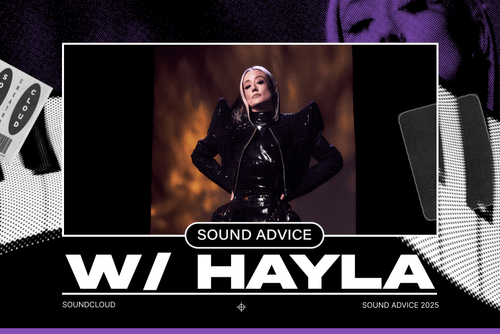One of EDM’s most recognizable DJ/producers dives into High Power techno with help from SoundCloud.
Welcome to Sound Advice, the weekly interview series spotlighting artists’ creative process and their SoundCloud journey. We’ll get the inside knowledge straight from the source on how musicians, producers and creatives are leaning into the many facets of Next Pro to reach their audience and grow their careers.
Valentino Khan wasn’t into electronic music until he heard Justice’s “Waters of Nazareth” blasting out of his brother’s room. The mashup of bit-crushed metal and distorted electro-house vibes sent Khan – then a teen hip-hop producer from L.A.’s San Fernando Valley – careening off in a dance music direction that would eventually see him headlining EDM festival stages and remixing Skrillex, Calvin Harris, DJ Snake and Diplo (with whom he co-produced “Bubble Butt”). Khan’s never been one to settle into one style – he’s made big-room house, moombahton, dubstep, and trap over the years – and for his latest trick he’s taking on hard, fast Euro-style techno (think Charlotte De Witte, Amelie Lens, Malugi). With his new High Power live concept, his ‘Powerline’ EP (out March 1) and his underground L.A. party series of the same name, Khan is leaning into power kickdrums, speedy synths, and pretty pop vocal lines from the likes of Uffie and Sarah de Warren. We caught up with Valentino to talk about his SoundCloud journey, discovering new music on the platform, and stepping out of your comfort zone.
What was the first dance music you started producing?
The genre that was just emerging at the time I was getting into dance music was moombahton. I had very little knowledge of it but I took the time to really understand the landscape of the scene and all the other sub-genres. The first tracks I put on the internet were moombahton and if you look at my day one fans, my core fans, it’s people that were listening at that moment. I feel like I still see that entire fanbase show up at these festival sets that I play.
When I first got into dance music, it almost sounded like this bizarre mashup of other genres. Moombahton was like, ‘Yeah, we’re gonna take Latin reggaeton music like Daddy Yankee, and then we’re going to mash it up with Dutch house, like Afrojack and Sidney Samson.’ I think the origins of moombahton was when Dave Nada played a skip-school party for his little cousin and he took these Dutch house records and slowed them down from 128 BPM to 108 BPM. Bam, the genre was born and you got people like Dillon Francis and Munchi coming into the scene making original records in the style. It was an exciting time. There wasn’t even any monetization involved with it back then – people were just making it because they wanted to push the culture forward. I’ve always kept that mindset, but I think it’s become more important to me than ever to push the culture forward.
Are there challenges that have come with being a multi-genre artist rather than sticking to one sound?
It’s perhaps my biggest challenge that I’ve encountered. When I was first coming up, I think people had a lot of trouble placing me – whether it was promoters, or even fans at times. I think the way I overcame it was just showing people what I can do and proving people wrong. It was definitely a longer climb for me to make my name in dance music, because I never really rode a wave. When certain genres were emerging, I would jump into those and do my own original take in that world, but I never went all in like, ‘He’s the guy of X genre.’ I think I would have gotten bored if I stuck to doing one thing my entire career and this has always allowed me to evolve as an artist. But the fanbase that I hope to create – and I think I did create – was people that ride with me just because I’m ultimately dope in their eyes. And I think there’s a lot more longevity in it when you have fans that are very open-minded and patient with you and want to rally around an artist that always wants to offer something new to the table. One of the primary reasons I’ve enjoyed being in this world is I have complete control over what I’m serving at dinner.
Learn more about uploading unlimited tracks with Next Pro
How did you use SoundCloud in the beginning of your career compared to how you use it now?
The thing I loved about SoundCloud from day one was boom, you posted your music and it goes directly to the fans. If people love the music, it does the plays; you get the buzz, you get the comments, you get the love and then that translates into you building a real-life following in terms of your live shows and just your overall presence. That was my favorite part about coming up in what I like to call the ‘golden era of SoundCloud,’ probably 2011 or 2012.
It’s been really cool to watch the landscape of SoundCloud grow and all these other subgenres emerge from the platform – even seeing that era of SoundCloud rap really take off. For me, it’s really come full circle. I reached a point where I felt like the landscape of dance music was a bit stale. When I first got into it, what appealed to me was the fact that you could log onto the internet and be met with sounds that you had not heard before. As dance music becomes more popularized and more of a mainstay in American culture, people are being more formulaic. I’m a big fan of taking risks in music. I’ve been getting into producing and playing this new techno sound, a lot of it from Europe. Going onto SoundCloud to find new music in that realm was the smartest thing I could have done. I found out about so many new artists that I otherwise wouldn’t have been exposed to. To be honest, I feel like my DJ sets got 10 times cooler, because I got all of this music that perhaps isn’t name-brand or like McDonald’s to the audience out there, but they enjoy it.
What’s High Power all about and what influenced this new techno direction?
I conceptualized my live show being High Power. That’s my life. It was just the imagery and the vibe of it first. It came to me at a time where I was a bit lost musically, to be quite honest. Maybe it was my subconscious speaking to me because at a certain point, it was like, ‘What do you really want to do musically? What gels with this live show that you’re conceptualizing? It feels very dark, there’s electricity, it’s very strobe-y.’ And I realized that something I had wanted to do for a while is make techno, which is maybe the most vague term in dance music. A lot of people can get confused on what the definition of techno is but we’re exploring, we’re enjoying it, and we’re figuring it out collectively… and maybe we’ll never figure it out. That’s exciting to me.
High Power is a big community that I’ve created that I want all my fans to live in; it’s also the large-scale event offering of what I do. We have a big show coming up in San Francisco at the Midway on February 17 and then we have the ‘Powerline’ EP coming out March 1. I also started a techno party in Los Angeles called Powerline that has an all-secret lineup. At the first one, I had Alison Wonderland and Diplo, and I booked TRIPTYKH, Jacobras and Cyboy, who are making really big waves in that scene. We intentionally do it at the Echoplex, a smaller venue in Los Angeles, at least for what I’m accustomed to playing, but it’s to keep that spirit alive. There needs to be regular parties that you go to. You need to build community. You need to have that safe space for exploration, not just as a DJ, but also as a fan – to go somewhere and hear some sounds that you haven’t heard before, or watch artists step outside of their comfort zone and play a completely different set than you’re accustomed to seeing.
What SoundCloud features do you find useful in connecting with other artists or your fanbase?
In the early days for me, it was seeing the analytics of where people are listening to your music from. You’re not just making music for your small circle of friends or your immediate world, you’re making music that reaches the entire world. Some songs I’ve done work better in Europe than they do in the U.S., or work better in Asia, where any psy-trance or techy trance thing works great. It’s really interesting seeing which songs and remixes different audiences gravitate towards. SoundCloud is a cool platform to unlock all of that.
What I think is the best thing currently – and something I’ve been using heavily in the last couple years – is the Related Tracks feature. SoundCloud has gotten pretty good at understanding if you’re listening to a certain track that you might like certain other stuff. I remember listening to this Scottish dude Franck. Going on his related tracks brought me to a whole bunch of other people that are making this cool bouncy techno stuff in Scotland. The Related Tracks feature really can unlock a world that you didn’t even know existed before getting on SoundCloud.
The music industry will oftentimes implement a ‘gatekeeper’ when things become too Wild West for them. SoundCloud is definitely one of the last frontiers where it feels like they try to minimize the amount of gatekeeping as much as they possibly can. As an artist, it’s incredibly important to be able to go directly to my fans, and for artists that I haven’t heard of yet, it’s incredibly important to be able to directly reach people. As an artist, you can feel like you have to kick and scream to get people’s attention. People that voluntarily signed up to be notified every time that you have a new release aren’t getting notifications; in fact, it’s probably reaching maybe five to 10% of those people. I think SoundCloud is one of those final frontiers that really make it a point to preserve that direct connection between the fan and the artist.
Learn more about Finding New Music and Related Tracks on SoundCloud
To discover additional features a SoundCloud Next Pro subscription offers, click here.
Click here for Valentino Khan’s SoundCloud.
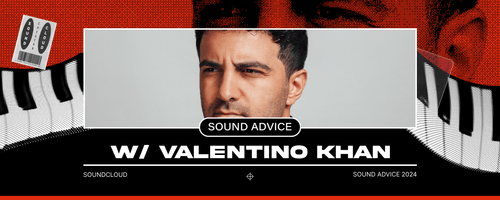

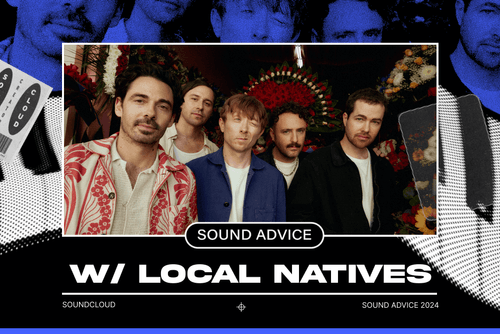
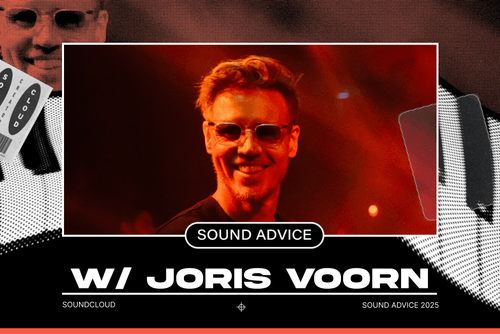
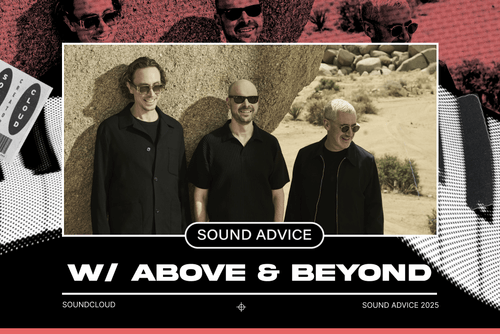
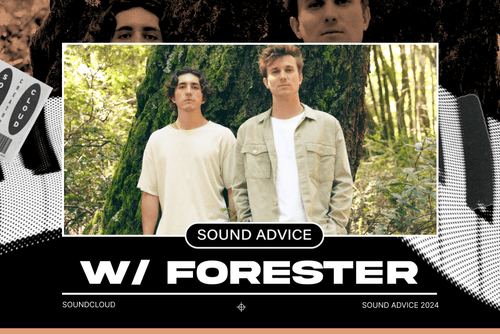
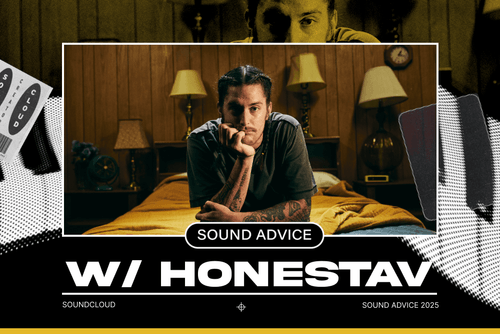
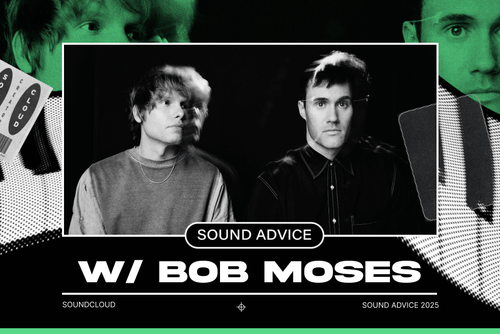
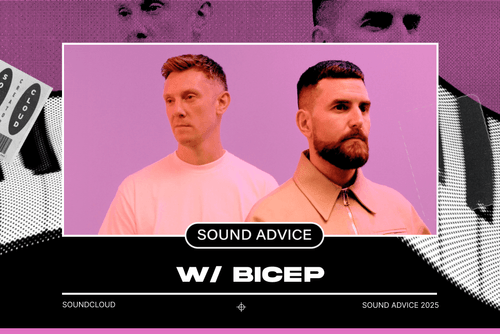
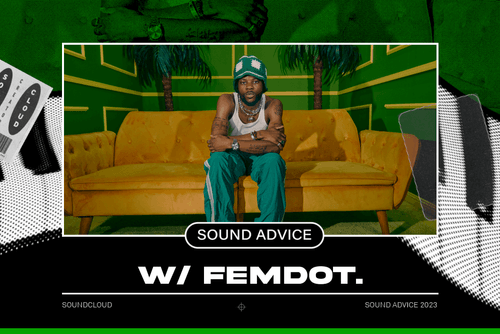
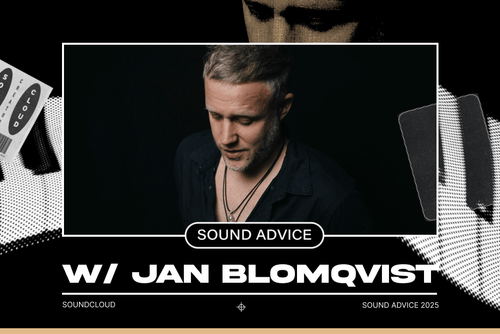
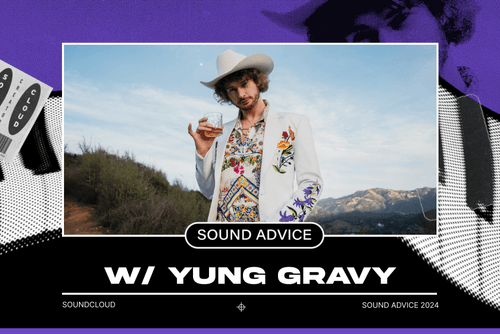
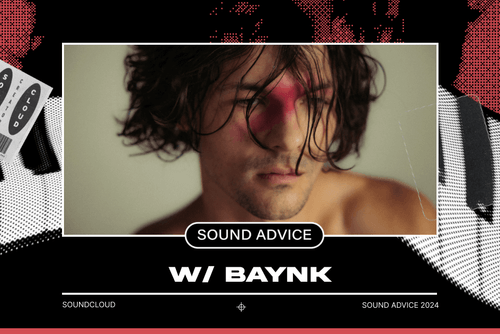
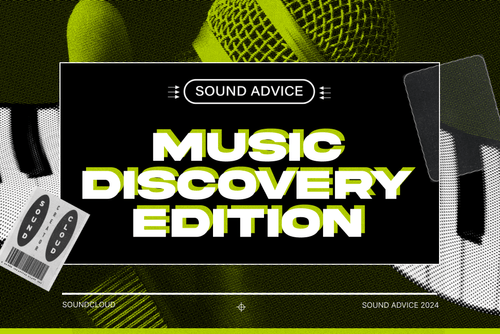

-p-500.png)

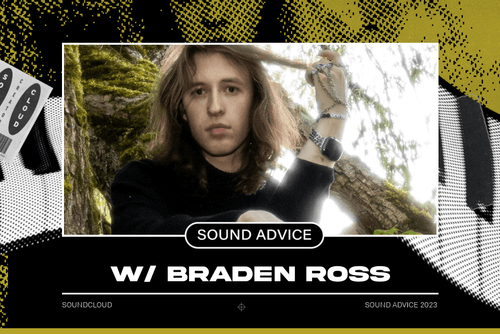
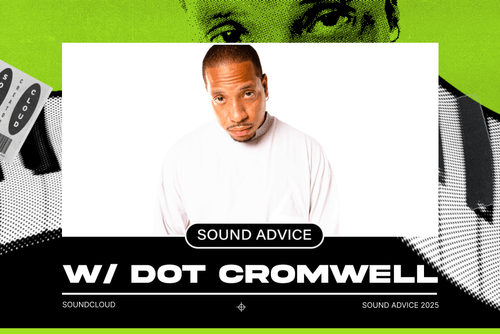
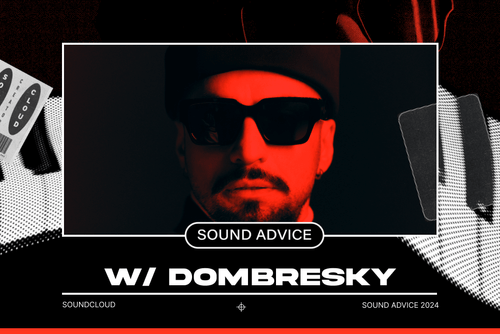

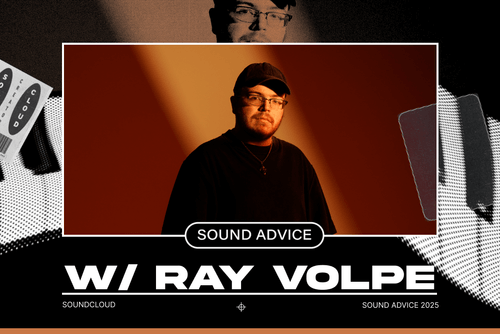
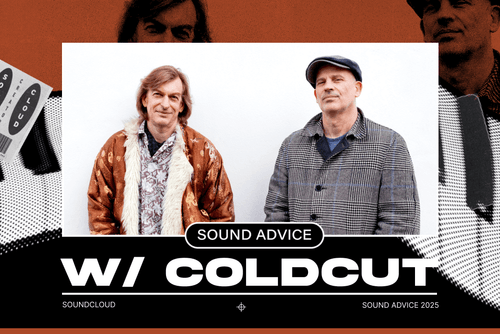
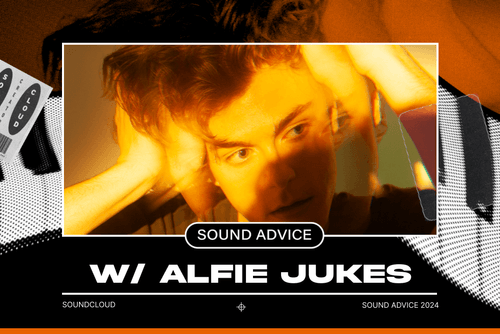
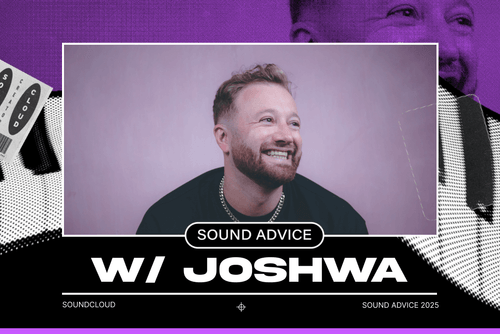
-p-500.png)

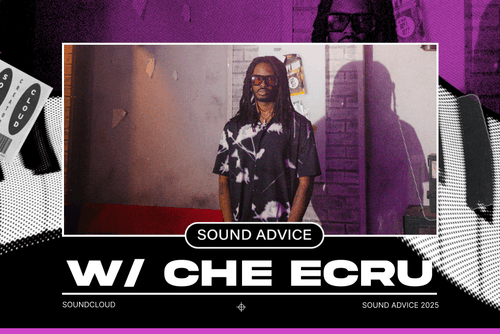
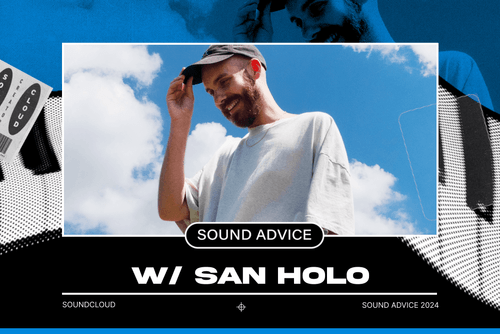
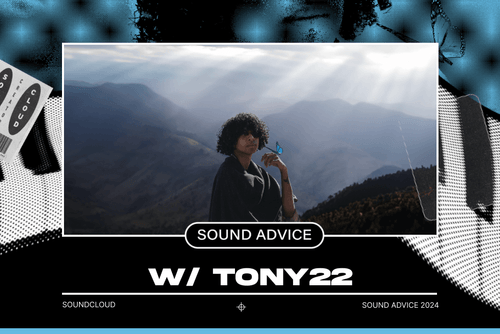

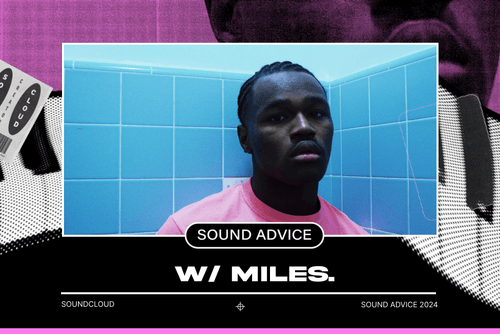
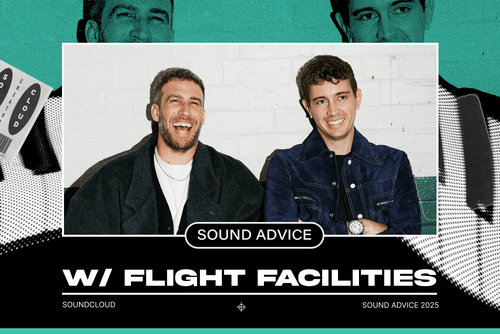
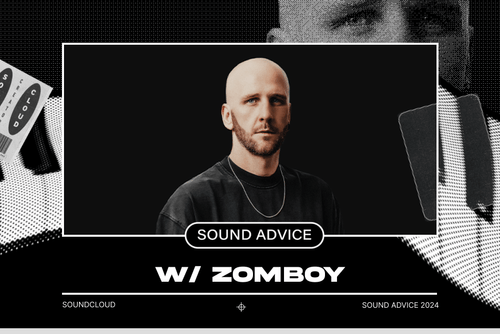
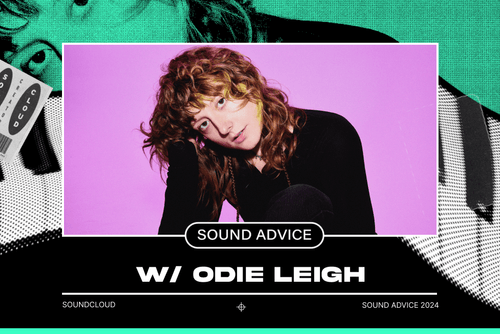
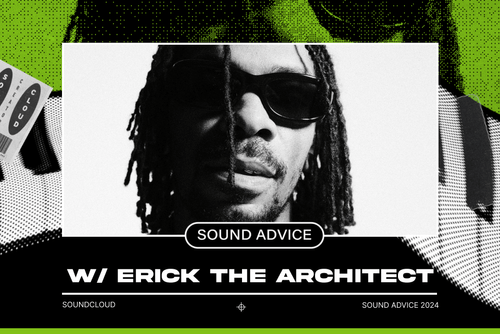

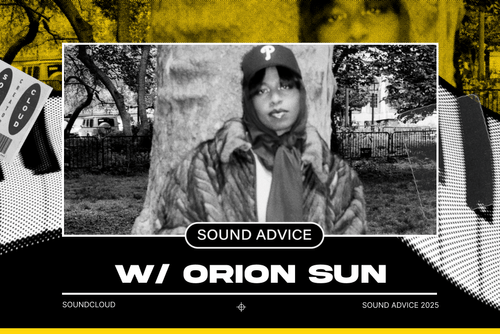


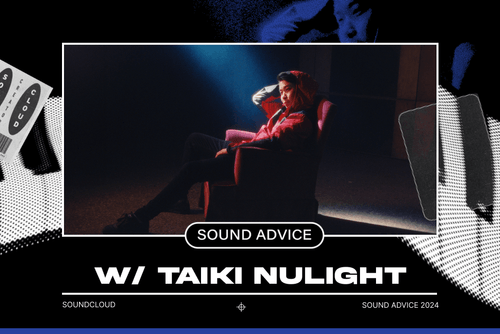
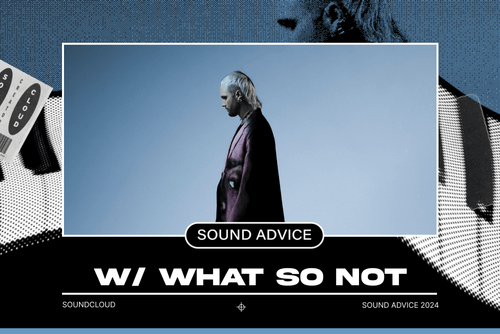
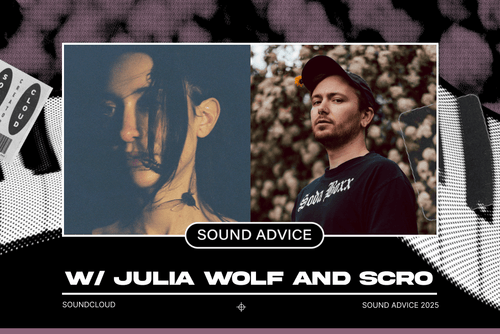
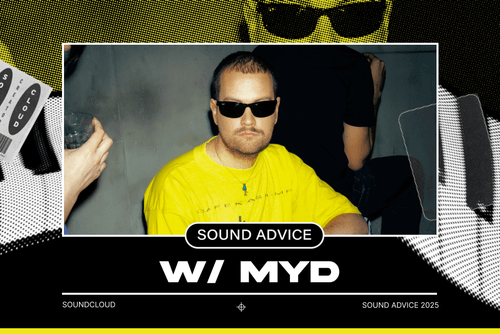
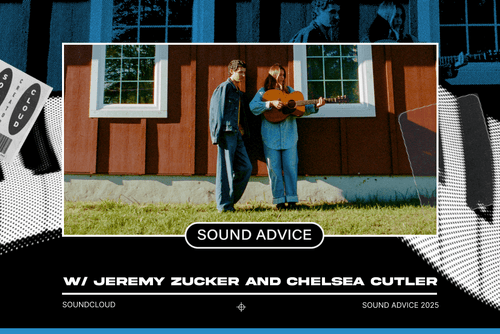
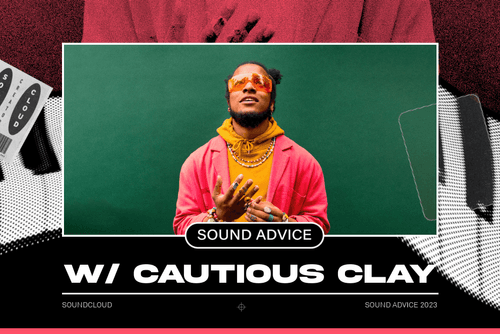
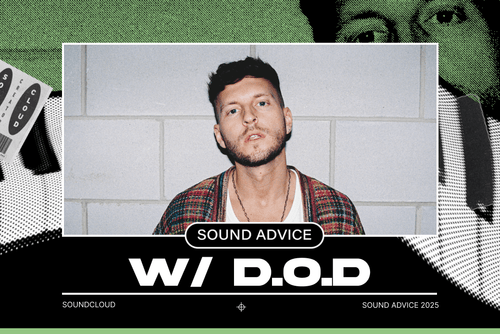
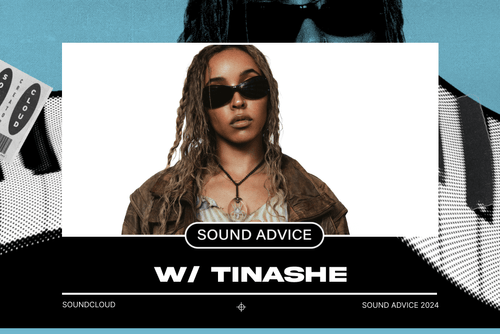
-p-500.png)
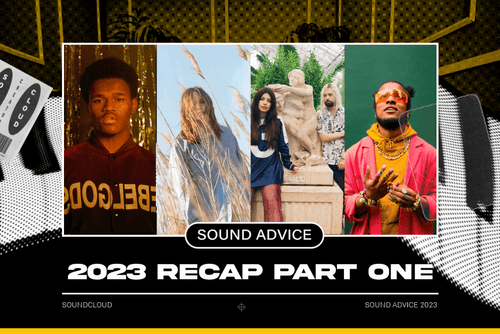
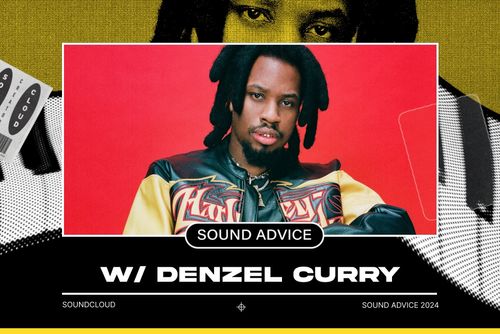
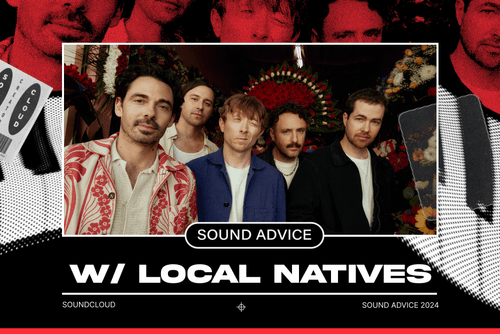
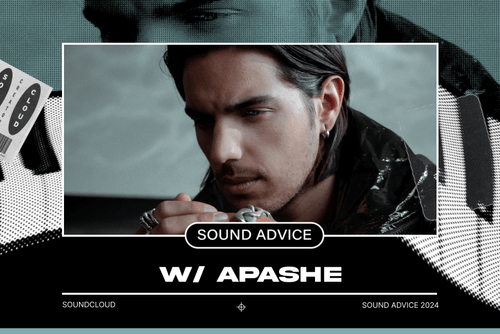

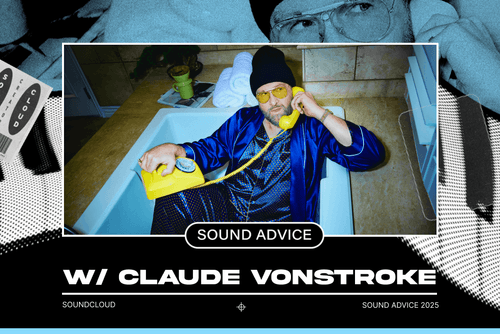
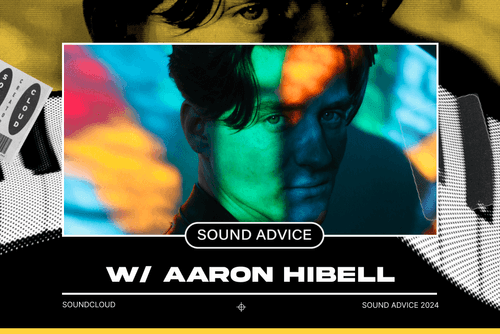
-p-500.png)

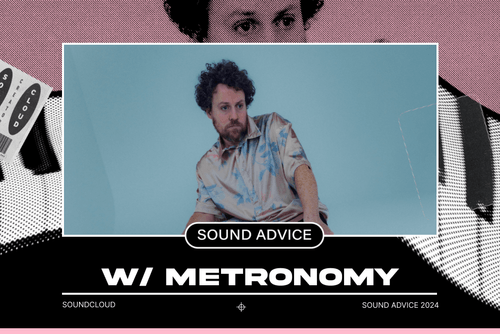
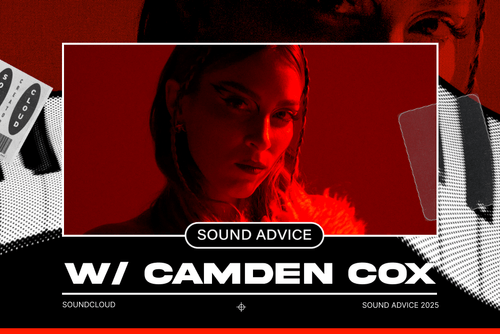
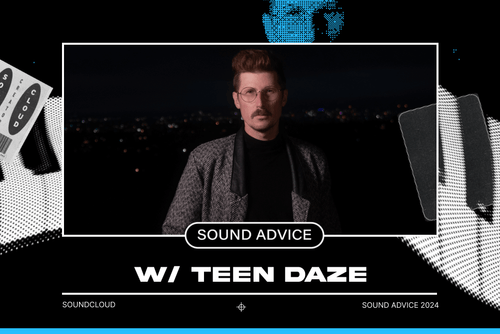
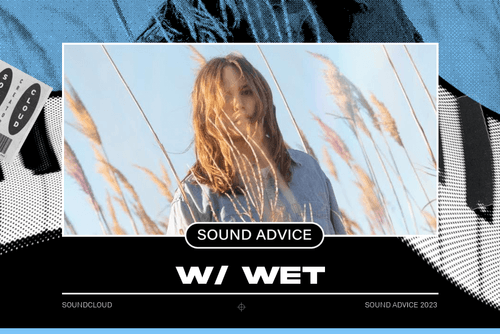
-p-500.png)
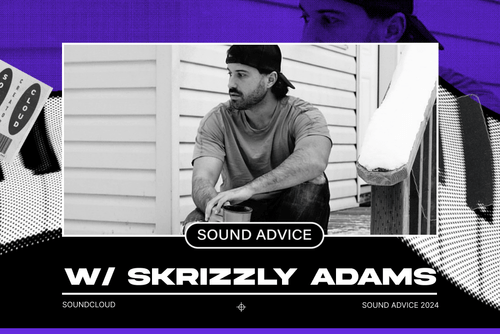
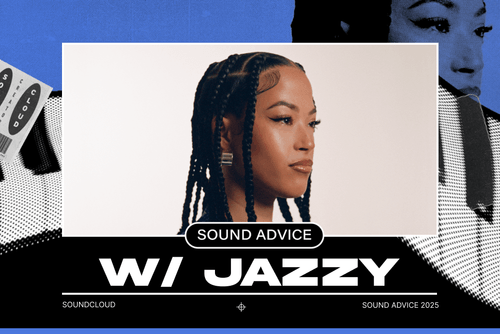
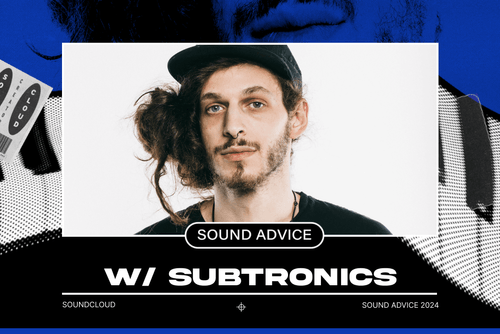
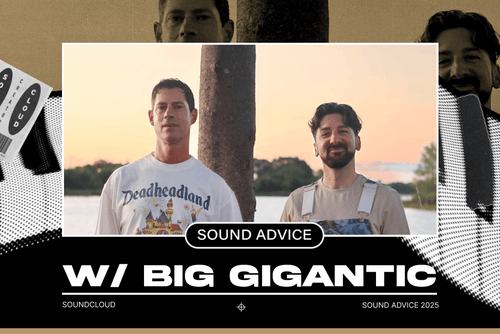

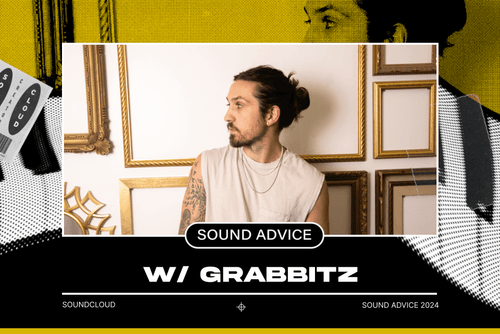
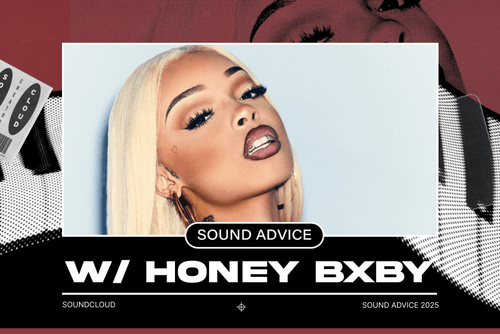

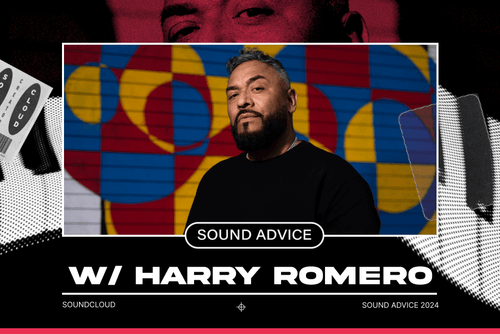
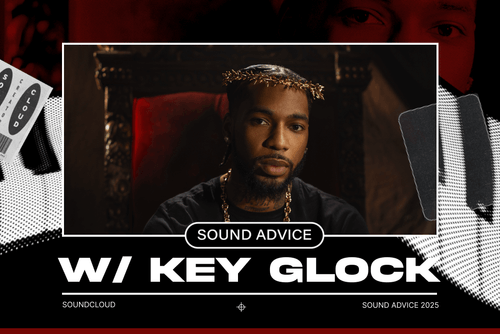
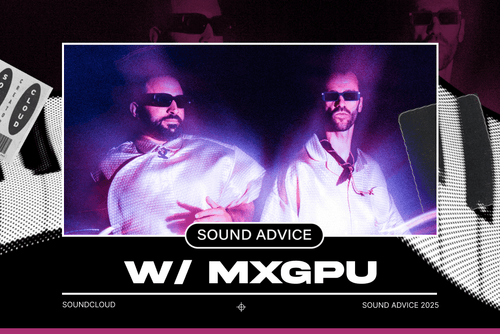
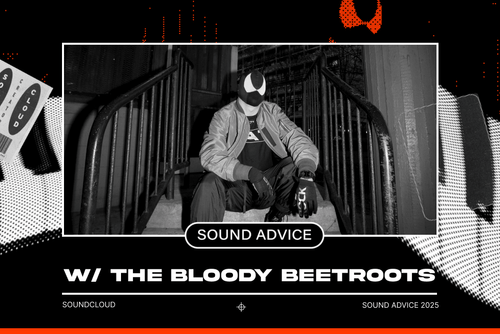
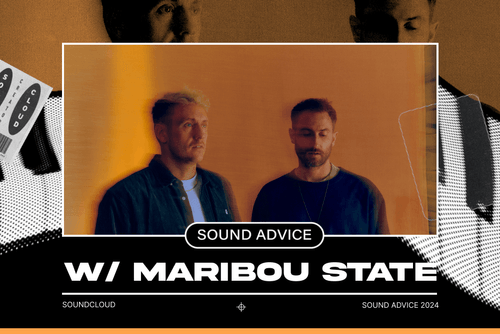

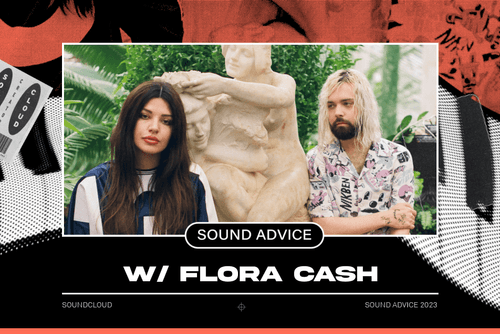
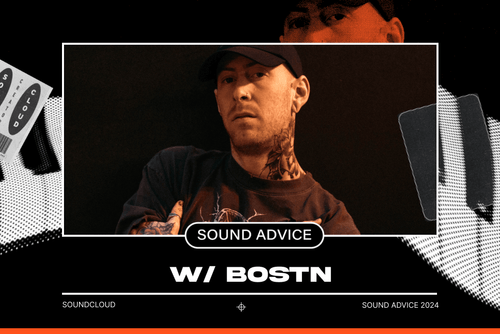
-p-500.png)
